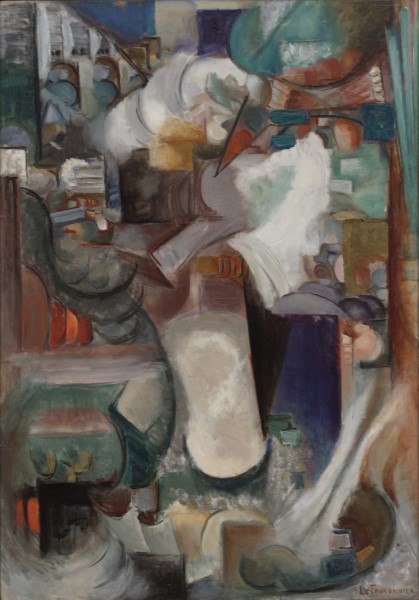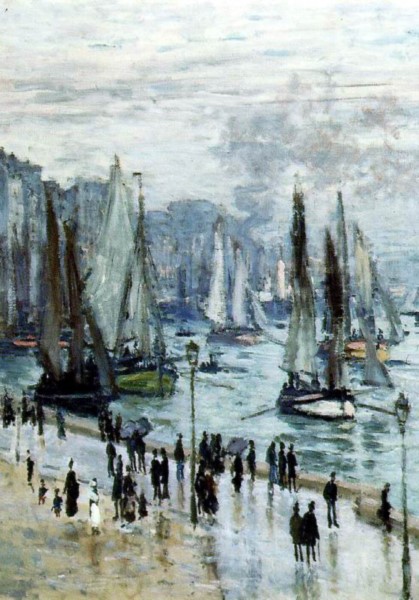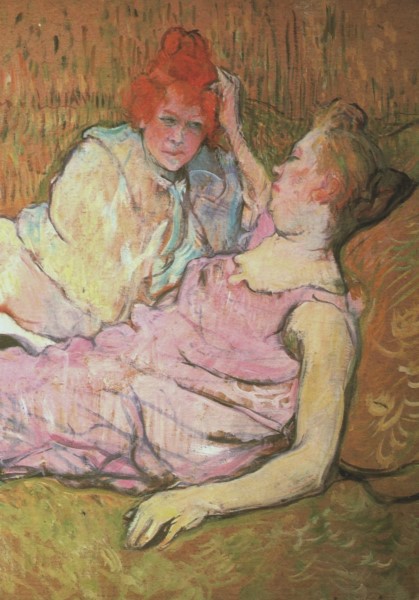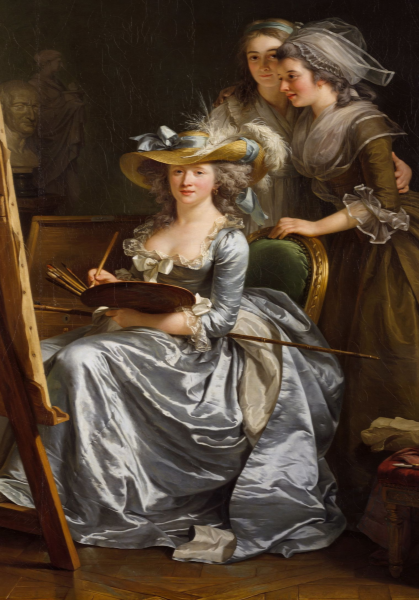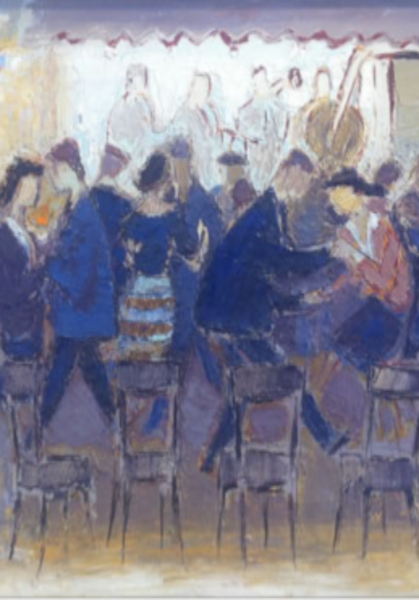I suspect that my friend Malcolm Crook and I agree on 95 percent of the factual and interpretive questions surrounding Brumaire and the Consulate, and that we both approach the subject in the academic historian’s usual posture: “on the one hand…, on the other.” But to dwell on this consensus would make for a dull forum.
To begin with Crook frames his discussion with a straw man: the “black legend” of the Directory put forth during and after the coup by the brumairians. No doubt they sincerely believed what they said, and no doubt that in less exaggerated terms some of their talking-points were valid (as I shall suggest in a moment). But recent historiography rightly dismisses those claims in their bald form. From Tulard, Bergeron, and Bertaud onward the basic account sounds quite different from the luxuriantly detailed but tendentious lawyer’s brief of Albert Vandal, the source of an older, more mythic view of “l’avènement de Bonaparte.” (But note: in the outside world of popular history remote from the discipline of academic discourse, Napoleon worship can still be found and such myths probably do prevail (although the opposite kind of distortion – a demonization of Napoleon — also has a certain currency). So Crook and Brown are right to warn against those myths.)
Arguably, the Directory regime was foundering constitutionally and politically. It had few friends at crucial moments for a good reason, since it had managed to alienate so many individuals and groups. Personally, I would emphasize the unfortunate decision in the 1795 constitution to mandate annual rather than bi-annual elections; the dysfunctional nature of its legislative bi-cameralism, which so often produced stalemate; the “second” Directory’s utterly misguided and counterproductive assault on traditional Catholic practices and values at the grass roots. In addition the Neo-Jacobins’ plausible if panicky responses to the war crisis of 1799 — the forced loan, the law of hostages, and above all the symbolically contentious motion to declare “la patrie en danger” (which failed when finally put to a vote) — ultimately backfired because it revived the specter of terrorism in the republic.
None of this means that the Directory regime could not have rallied from its past mistakes and constitutional debilities. None of this means that if left to vote freely, a majority of the Council of 500 and perhaps even of the Elders might not have spurned the plotters’ proposals to scrap the constitution and with it representative democracy. But these are two questions we simply cannot answer.
As for the events of 19 Brumaire. Obviously the outcome was uncertain (Sieyès had a carriage ready to whisk him back to Paris and into hiding should the plot fail). But my reading of the sources suggests that the Neo-Jacobins in the Council of 500 were floundering around without much success for tactics to resist the onslaught. It might indeed be that if left to deliberate calmly they would have come up with a viable stratagem. Bonaparte’s disruptive foray (which initially gave Sieyès apoplexy: “this maneuver is going to ruin us!”) created pandemonium, followed by the introduction of troops to clear the hall, which put an end to resistance. Therefore the statement that “the coup of Brumaire nearly miscarried on its second day” is not exactly accurate; either with or without Bonaparte’s precipitous act, we simply do not know that the foes of the coup could have caused it to miscarry.
Howard Brown has little patience for such mundane issues, but wants us to see the big picture in a new light. Continuity and change are the lifeblood of historical analysis, and he is right that one can easily misconstrue that balance in dramatic, event-filled periods like 1789-1815. But his insistence on a new periodization would create more problems than it solves (as did Soboul’s justly forgotten book called Le Directoire et le Consulat). Brumaire and its aftermath was anything but minor. It suppressed almost entirely the revolutionary/republican political culture that had fitfully developed since 1792. The Directory (inadvertently in some respects and willfully in others) no doubt helped prepare the ground for this dramatic turn, but until Brumaire closed the door on that quasi-democratic political culture completely, it remained a very open question. I obviously agree (if for different reasons) that Fructidor 1797 was a kind of watershed, but any perspective or periodization that downplays Brumaire is too forced, in this case, too much in the service of a particular thesis about the rise of the “liberal security state.”
Brown’s thesis on that subject has the great merit of bringing militarized policing squarely into the picture, but I would not rewrite French history with that issue as the central trope. Citizens did indeed become administrés — but only after Brumaire, notwithstanding the use of the term or the latent tendencies in that direction before Brumaire. Moreover they became administrés in many respects possibly more fundamental than the one Brown highlights in his important JMH article. (They became administrés above all, in my view, as fodder for Napoleon’s conscription machine, which was by no means perfected by 1803.)
Brown’s argument about Bonaparte’s complicity in many of the Directory’s decisions that the general later set out to rectify is well taken, but overstated. I take exception, for example, to his discussion of war and diplomacy in Italy. Were the French people delusional in proclaiming Bonaparte a national hero at the end of 1797? Hardly. Peace through victory with Austria was the key foreign policy objective of the French republic, and he attained it. And the Cisalpine republic (with all its weaknesses and seamy sides) could certainly be hailed as a real if unforeseen achievement of the French republic, and a foundational event in modern Italian history, even if it complicated the Directory’s diplomacy.
One might disagree with Brown in the way he situates Bonaparte. But he is ever so right in one crucial observation: Napoleon “helped to create a dangerous national thirst for military glory.” You can see the repercussions later in Carnot’s attack on the Bourbon restoration (following his initial, fatalistic acceptance), and then in his remarkably enthusiastic response to Napoleon’s return from Elba. Le grand Carnot despised Napoleon on every ground but two: that he had at least tempered the acrimony between “the parties” in France (which the Bourbons did not do), and above all that, unlike the Bourbons, Napoleon always upheld France’s honor and military glory — a rather troubling (if unsurprising) point of view coming from such an esteemed Frenchman.
On the whole I would probably agree with Brown (and with Louis Bergeron, whose fine book is called L’Episode napoléonienne in its French version) that the Empire was an ephemeral phenomenon. Yet Annie Jourdan’s contribution to the forum on the skillful fabrication by Napoleon of his visual image across time might well give us pause about that assumption. And there is another reason not to be so quick: How are we to account for the 100 Days — for (of all things) a second chance for the fallen and much reviled emperor — or for the later popular bonapartism documented by Bernard Ménager? The answer is perhaps not all that edifying for devotees of French history.
Copyright 1999, H-France and Isser Woloch

